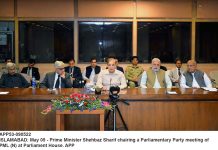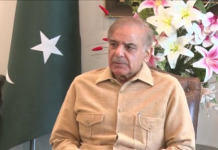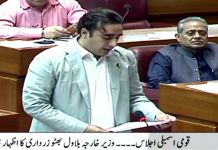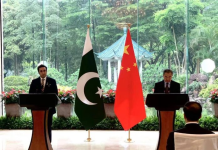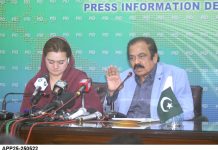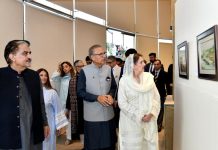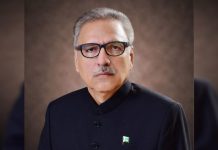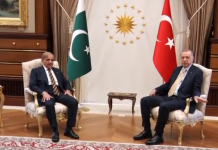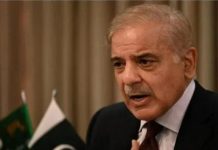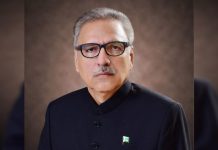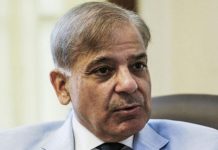ISLAMABAD: Adviser to the Prime Minister on Foreign Affairs Sartaj Aziz on Tuesday reiterated Pakistan’s commitment not to transfer weapons of mass destruction to state or non-state actors.
Addressing the implementation of UN Security Council resolution 1540, Aziz said as a responsible nuclear state, Pakistan will continue to partner with international community to prevent non-state actors from acquiring the weapons.
He underscored the need for striking a balance between advancing the goals of non-proliferation and facilitating access of developing countries to strategic and dual-use goods, materials and technologies for peaceful purposes under appropriate safeguards.
In this regard, Aziz expressed Pakistan’s willingness to share its expertise and provision of technical assistance to developing countries in the region and beyond.
He underlined that states which posses advanced capabilities should have an equal opportunity to participate in and contribute to the export control governance architecture.
In this context, he highlighted Pakistan’s credentials and expertise to become a member of the Nuclear Suppliers Group (NSG), while emphasizing the need for a transparent, objective and non-discriminatory criteria for the cartel’s membership of non-NPT applicants.
The two-day regional seminar, organized by the Ministry of Foreign Affairs in collaboration with UN Office for Disarmament Affairs, brings together 13 countries from South and Central Asia, China, Russia, representatives of the 1540 Committee Group of Experts and international organizations including the IAEA, OPCW and Interpol.
The seminar aims to promote regional cooperation for effective national implementation of resolution 1540, including through sharing of best practices and national experiences.
The resolution, adopted by the Security Council in 2004, is one of the important instruments in the global non-proliferation as it seeks to prevent non-state actors from acquiring weapons of mass destruction.
Separately, the adviser reiterated Pakistan sincere efforts towards peace and stability in Afghanistan.
He emphasised the need for comprehensive bilateral engagement between the two countries to strengthen trust and confidence and for deepening mutually beneficial cooperation in the areas of security, counter-terrorism, border management, trade, transit and voluntary repatriation of Afghan refugees.
He expressed these views while briefing an Afghan media delegation. He briefed the delegation about Pakistan’s continuous efforts towards peace and stability in Afghanistan.
Aziz also highlighted the role of media in formulating positive perceptions which was imperative for strengthening bilateral ties, restoring trust and effectively dealing with common threats.
The delegation while sharing Afghanistan’s perspective on the current situation, agreed on the need for frequent exchange of visits to help bring the governments and people of the two countries closer.



